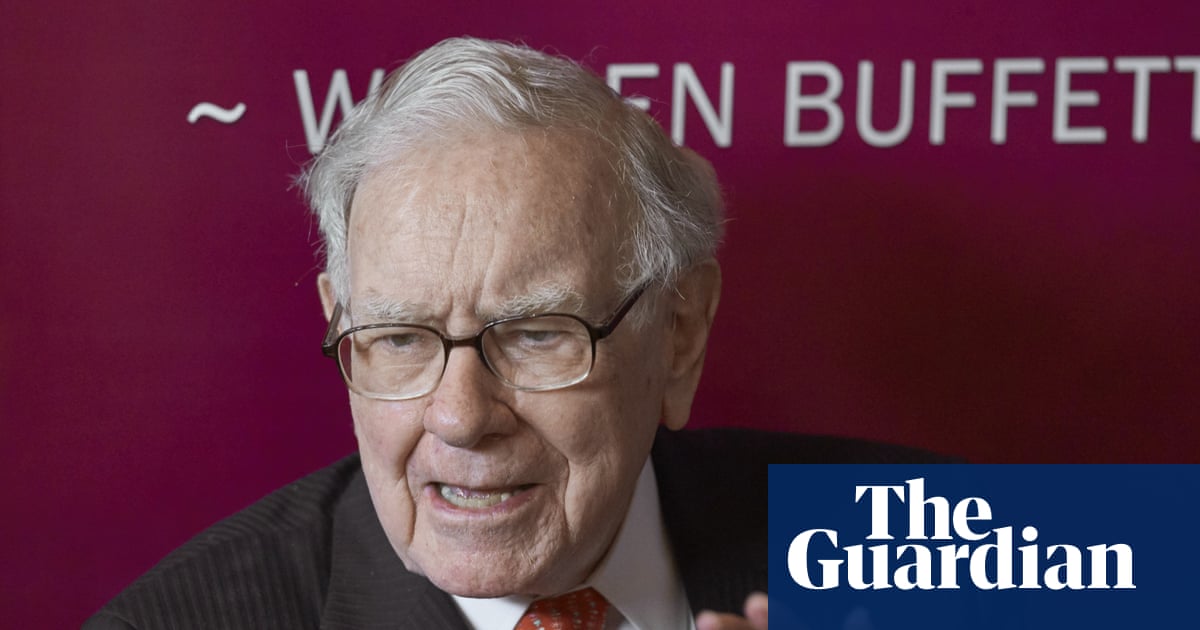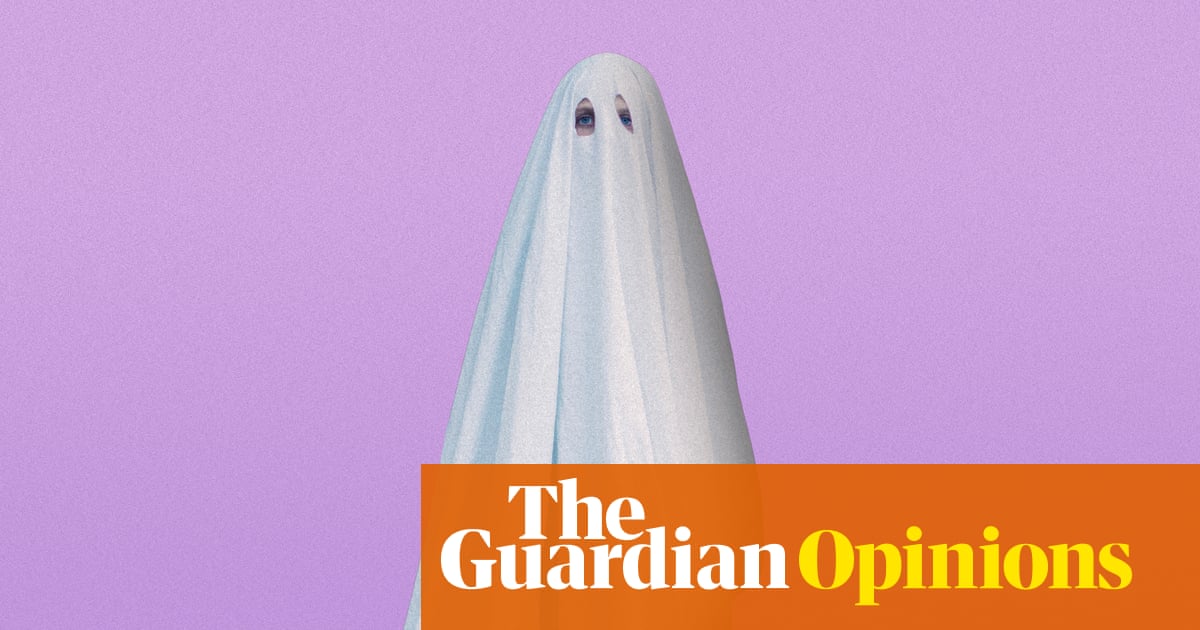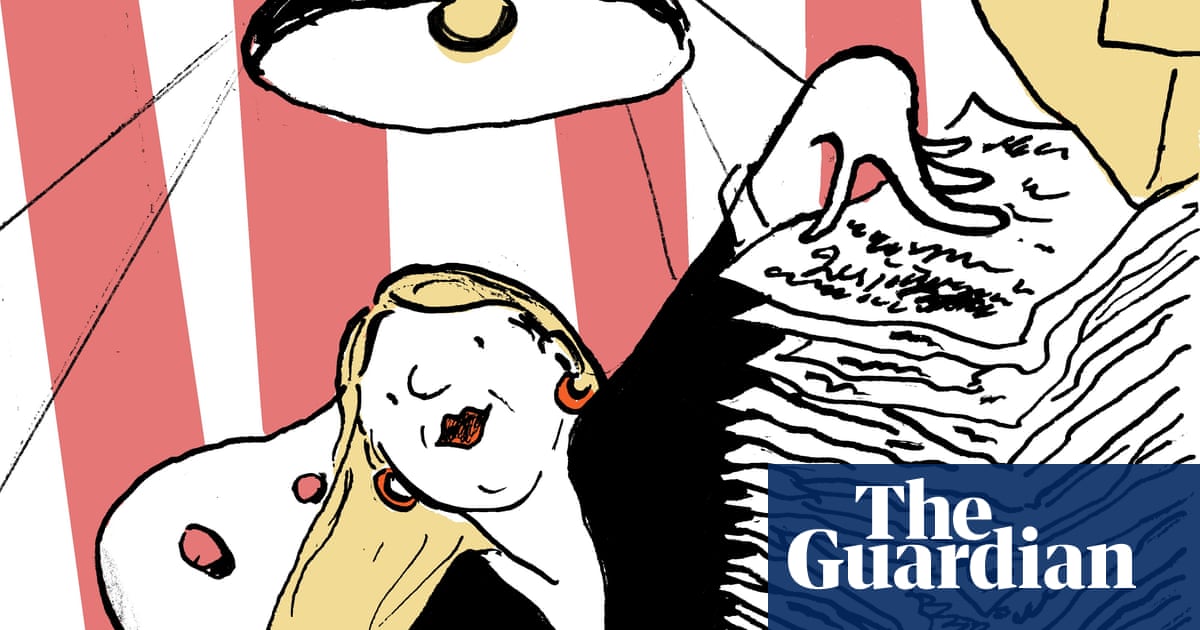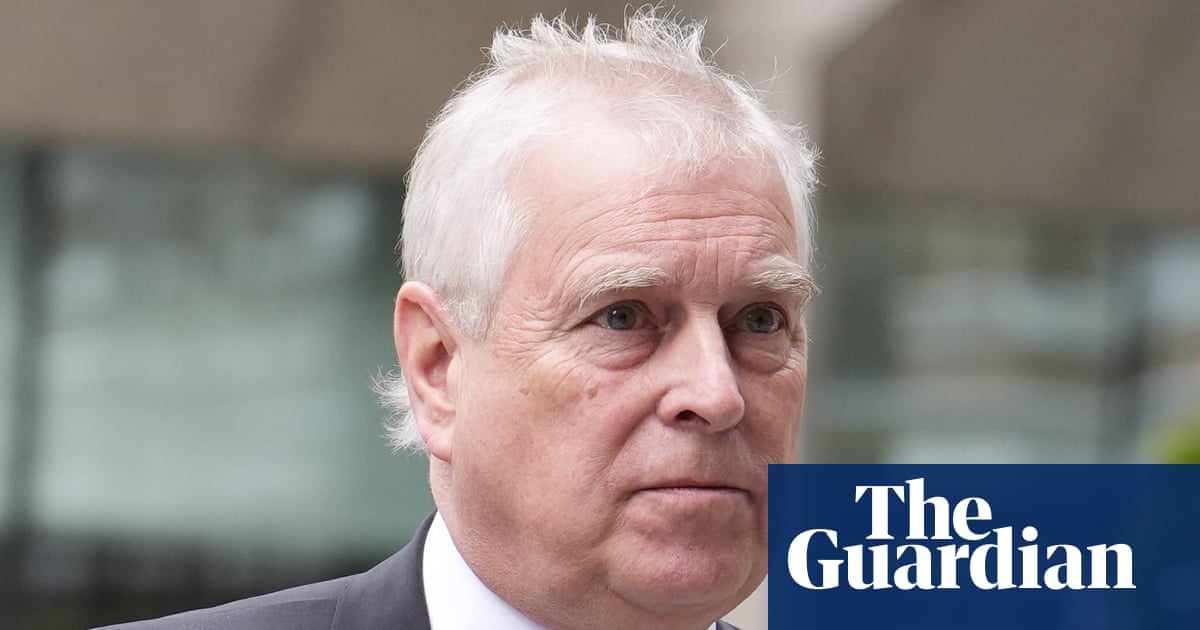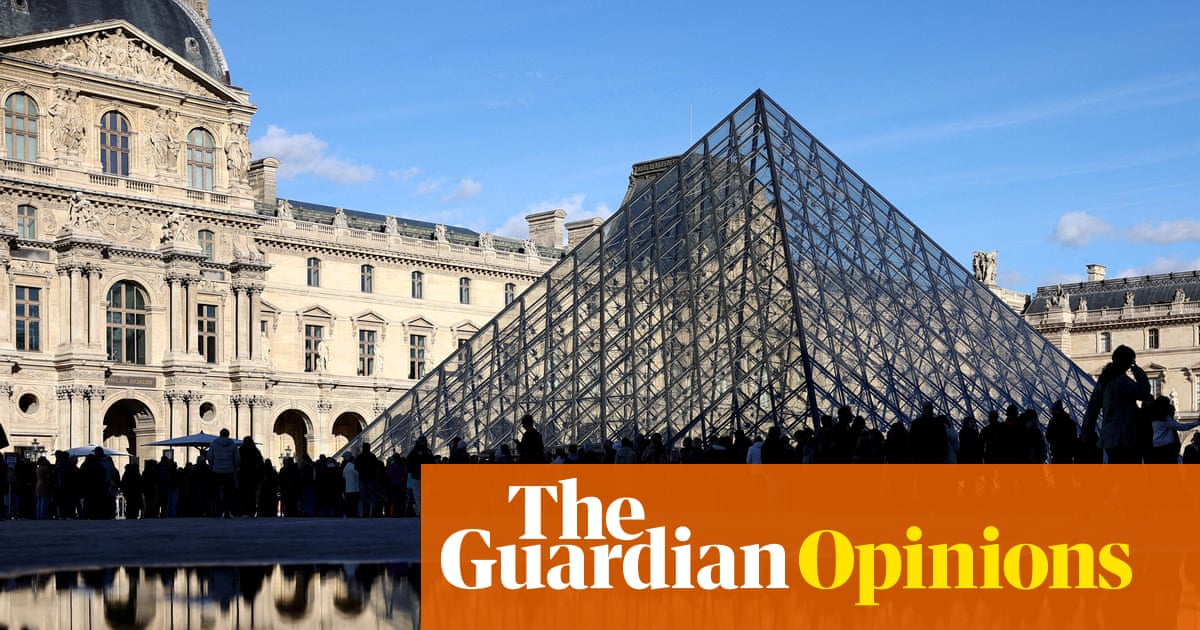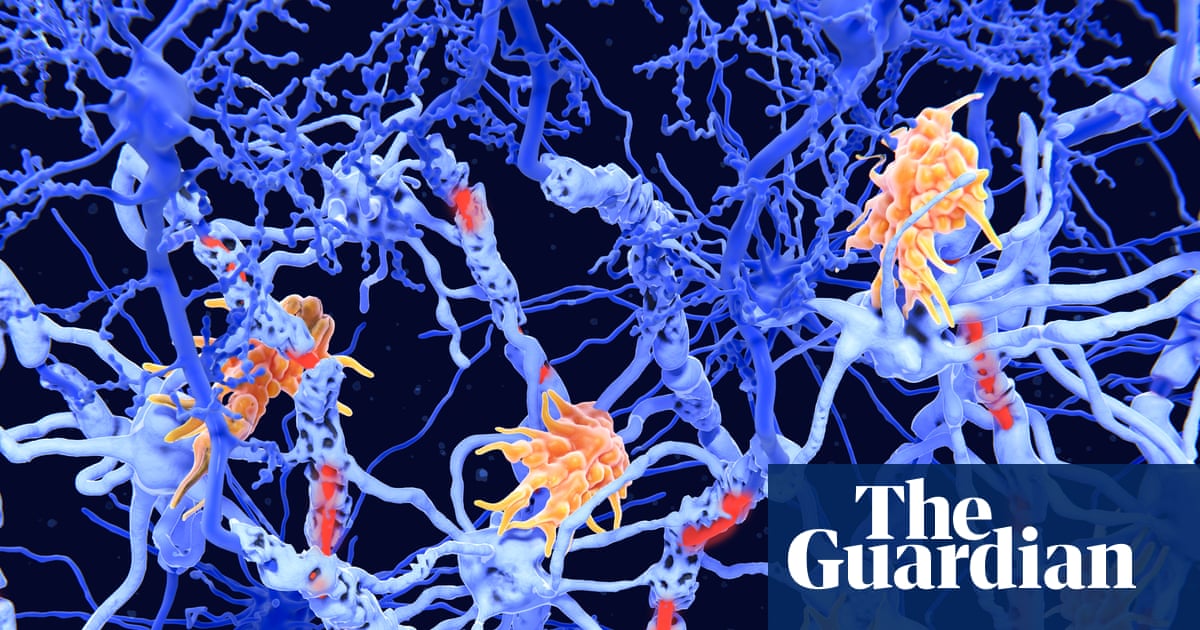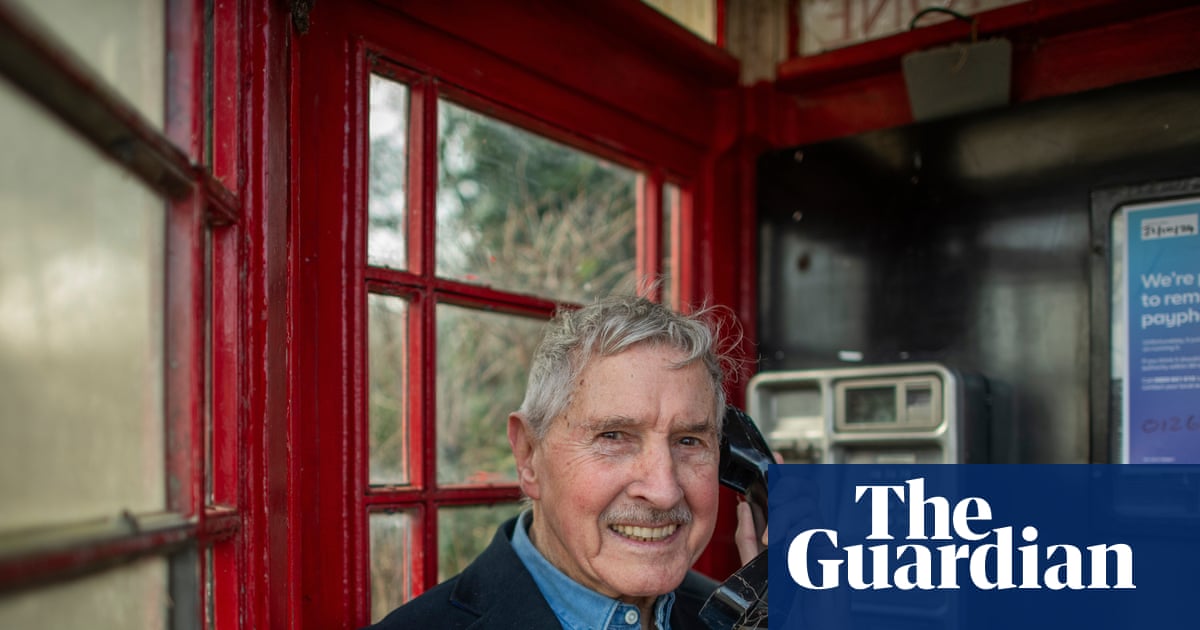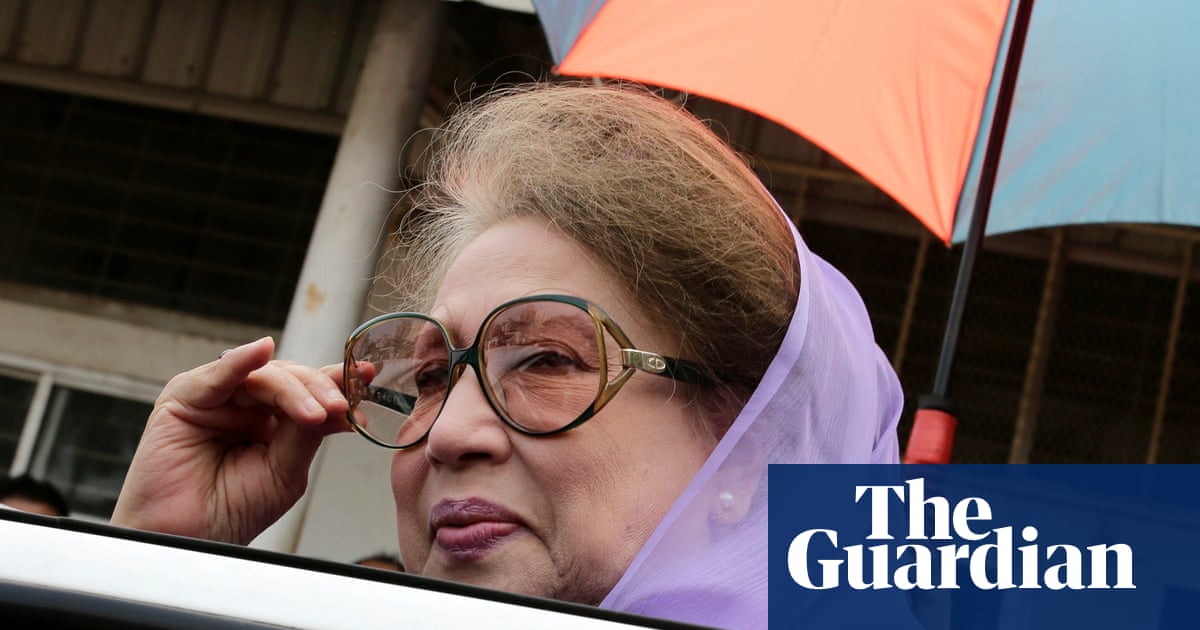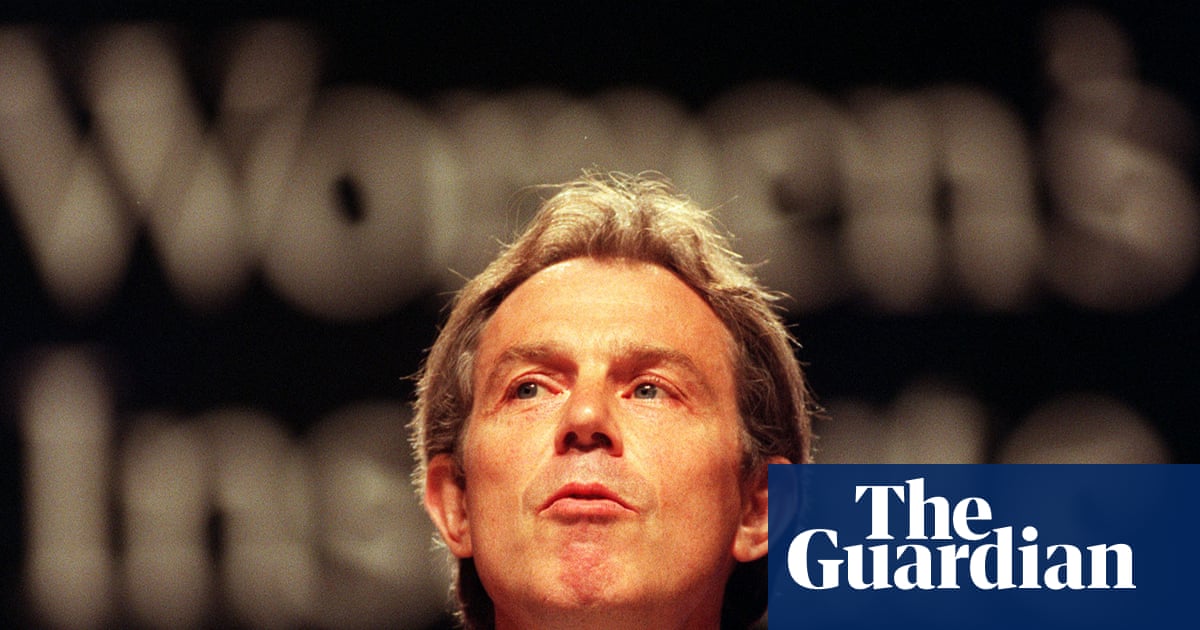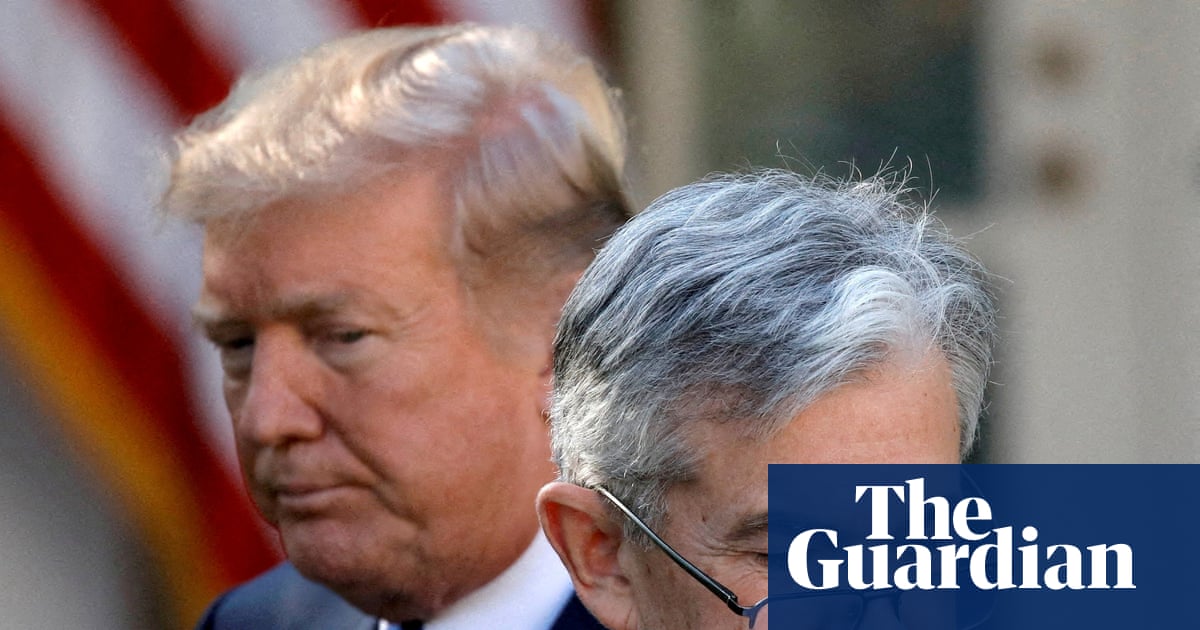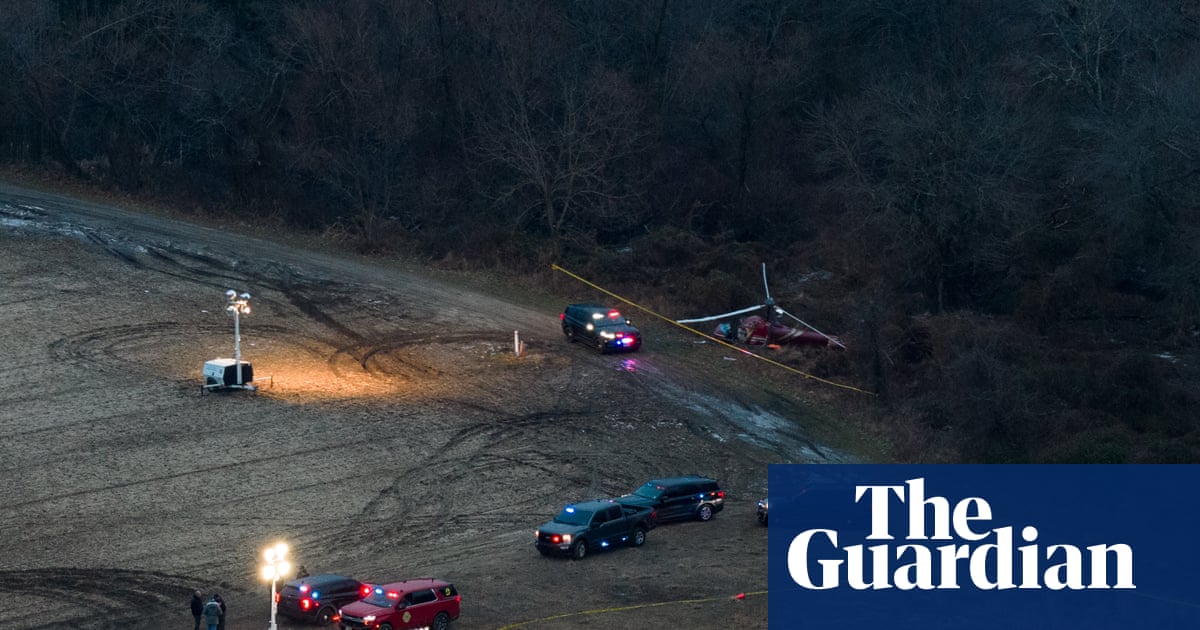Neo-Nazi murderer and bomber Pavlo Lapshyn did not get to serve out the 40-year term of his sentence. He was found dead in his cell at Wakefield prison on Tuesday, 12 years after being jailed. The circumstances of his death have not yet been publicly confirmed.
The Ukrainian national was 37. He was convicted at the Old Bailey in October 2013 of murdering Muslim man Mohammed Saleem, 82, in April of that year.
Saleem was a pillar of the local community who was on his way home from evening prayers at the mosque when Lapshyn stabbed him three times in the back and stamped on his head.
Lapshyn later planted three bombs outside mosques in Walsall, Wolverhampton and Tipton. Along with Saleem’s murder, he was convicted of causing an explosion with intent to endanger life and of engaging in conduct in preparation of terrorist acts. He is not known to have expressed any remorse.
A picture found on his computer by police had words and images relating to the murder, with a smiley face and the slogan “WHITE POWER”.
Saleem’s daughter, Maz Saleem, the youngest of seven children, has said she forgives Lapshyn for taking her father’s life in such a brutal and horrific way. At a time where hatred and division are increasing hers is a rare voice calling for calm and healing.
“In the early days after his murder, I wanted revenge,” she says. “I wanted the pain I felt to be felt by the man who killed him. Over time I realised that living in anger would consume me and give the far right even more power over my life.
“I’ve recently come to a place of forgiveness as carrying hate in my heart doesn’t help. I’m a very empathetic person and I’m actually feeling for his parents at this time. Parents are parents, aren’t they, and his are very elderly.”
She has spent years campaigning against racism and Islamophobia and does not want the murder of her father to continue the cycle of hatred between people from different backgrounds.

“I miss my father every day. Pavlo Lapshyn butchered him outside our house, where we used to walk five times a day, every day.
“When I heard that he had died in prison, my first reaction was not joy but reflection. I have lived with the consequences of his actions for more than a decade. I have known anger so deep it kept me awake at night. But I have also spent these years deciding not to let hatred dictate my future.
“For me, it’s time to forgive, because we need a world of unity. I wish him to rest in peace, and I am keeping his parents in my thoughts.”
She was notified of Lapshyn’s death in a brief letter from the Ministry of Justice, stating: “I am writing to inform you that PL has died in custody. As a consequence the involvement of the victim liaison officer in this case has come to an end and our contact with you will cease.”
The Prison Service said: “This was an abhorrent crime and our thoughts remain with Mr Saleem’s friends and family.”
Maz emphasises that forgiving Lapshyn does not mean she condones what he did.
after newsletter promotion
“His actions were gravely wrong and he caused immense pain. But I believe holding on to hatred serves no one. What Pavlo Lapshyn stood for – hatred, extremism and racism – is the opposite of everything our community believes in, and we must continue to stand for forgiveness, justice and peace. I refuse to allow hatred to poison my heart.”
She is alarmed by the rise of anti-migrant and far-right campaigners: “The fact that we have 150,000 people marching on our streets holding these views is disturbing, very disturbing,” she says.
“We are living in dangerous times. The murder of my father was not an isolated incident. Muslim women have been attacked on our streets, a Sikh woman was allegedly raped, a Bangladeshi boy was assaulted. The far right are emboldened.
“Britain must take far-right violence as seriously as any other form of terrorism. That means protecting places of worship, resourcing counter-extremism programmes, educating young people, holding those who spread hate to account, and supporting victims’ families beyond the first weeks of tragedy.”
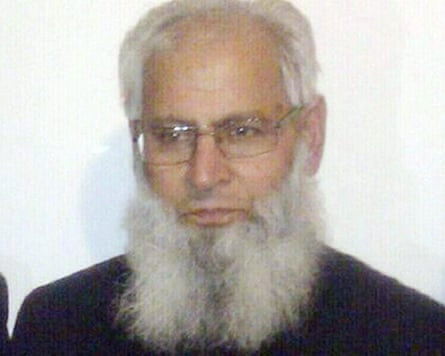
She says her much-loved father, who came to the UK in 1957, settled in the West Midlands, working first at a steelworks and then in a bakery, always told her that “education is key, knowledge is power”, and encouraged her to stand up for what is right.
“More than 6,000 people came to his funeral because he had spent his life serving others – guiding young people away from crime, encouraging girls to pursue education, and bringing neighbours together.”
She says her decision to forgive Lapshyn has been greeted largely positively.
“I have received overwhelming support and solidarity. Women have reached out to thank me, saying this is the lesson racists need to hear. To those who celebrate anyone’s death, I say: I understand the pain and anger, but we must not become what we despise.
“My father’s story is not just a chapter in the history of far-right terror – it is a warning. His legacy must be more than grief. It must be a call to confront hate, build solidarity, and create a future where no one is targeted for how they look, how they worship, or where they come from. Forgiveness is my way of refusing to be defined by fascism – but my fight for justice is far from over.”

 3 months ago
57
3 months ago
57
